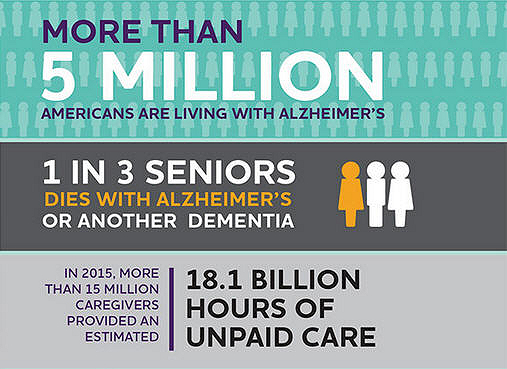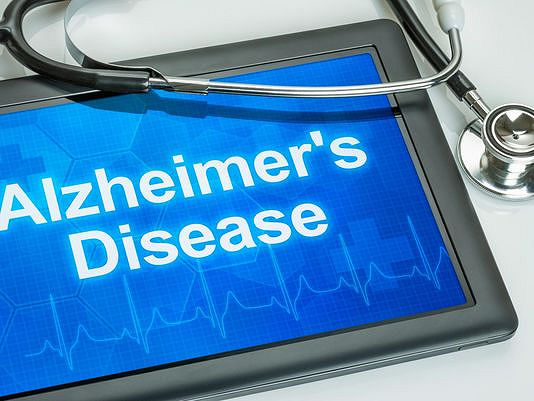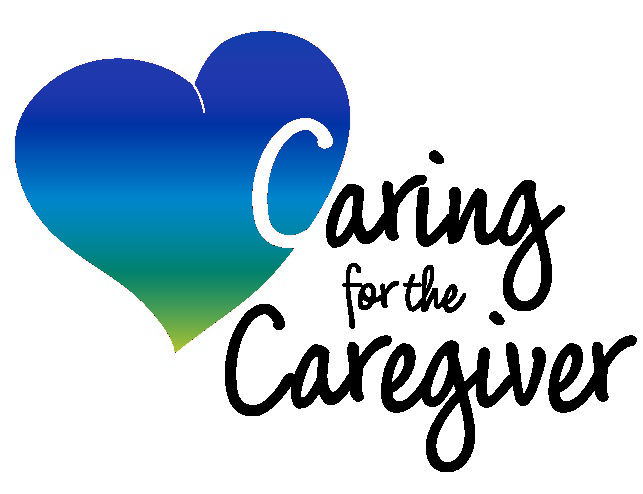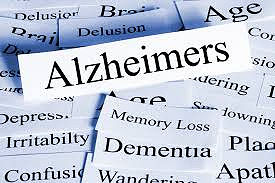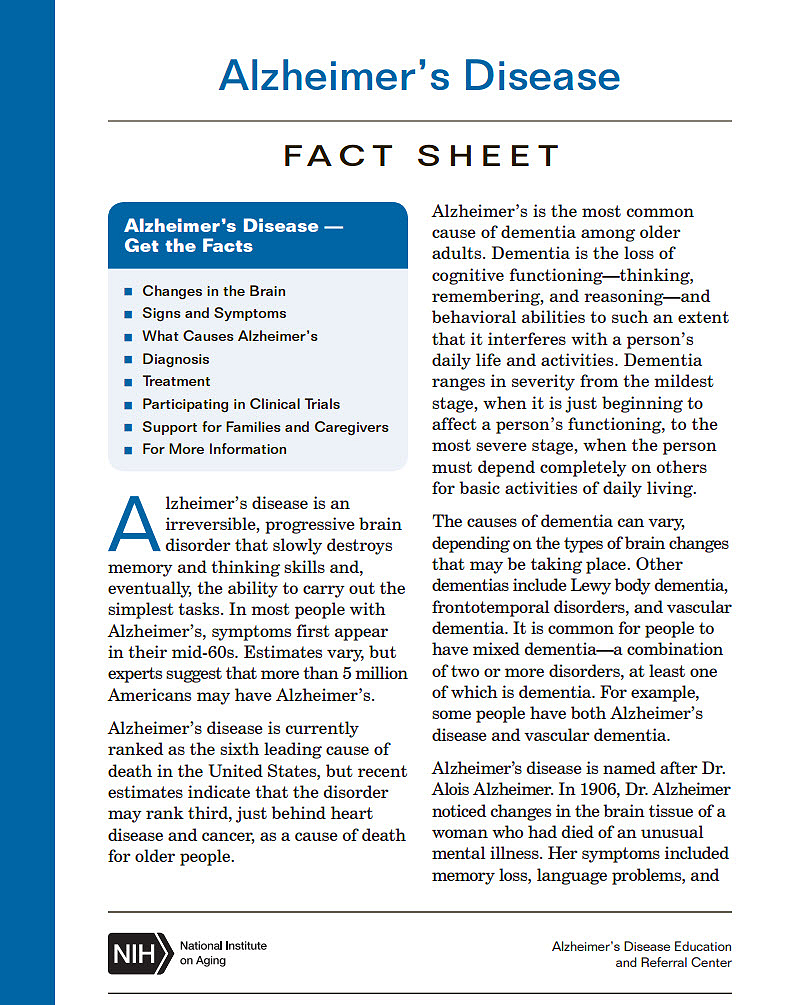(BrightFocus Foundation) Caring for someone with Alzheimer’s disease is often a stressful and demanding ordeal. If you or someone you know is a caregiver, it’s good to remember that caregivers have human needs and emotions—and that they must care for themselves as well as their loved one. To help cope with the strain of caregiving, it is important to allow yourself to feel varying emotions (including negative feelings), express them, and deal with them.
Caregivers need to give themselves permission to be human. It is all right to:
- Be angry: Turn this energy into positive action. Clean a closet, take a walk, or talk with someone.
- Be frustrated: Stop what you are doing, take a deep breath, and begin a different activity.
- Take time out: Sit in a favorite chair in a quiet room, take a trip to the store, or spend a few hours out with friends.
- Ask for help: Explore family, friends, and local agencies for resource services. Many doctors’ offices and clergy provide referrals.
- Recognize your limits: You are a valuable person. Take care of yourself, too!
- Make mistakes: No one is perfect, and mistakes help you learn.
- Grieve: It is normal to be sad over the loss of the way things used to be.
- Laugh and love: Now more than ever, it’s important to have meaningful connections.
- Hope: Tomorrow, the day may go smoother, a friend may call, and new treatments may be found.
Managing Caregiver Stress
Fulfilling and adapting to the changing needs of the person with Alzheimer’s and dealing with unfamiliar behavior and practical matters take a physical and emotional toll on caregivers. If these pressures are not periodically relieved, caregivers may experience exhaustion, illness, and depression.
Warning Signs
Caregivers deserve to give themselves credit for doing the best they can in very trying circumstances. To address the negative effects of stress, caregivers first need to recognize the signs, including:
- Feeling of denial, depression, irritability, anger, and anxiety
- Physical signs such as trouble sleeping, exhaustion, and health problems
Reducing Stress
Some ways to reduce stress include:
- Take time out to relax.
- Engage in an enjoyable pastime.
- Do one thing at a time.
- Keep a list of tasks.
- Write in a journal.
- Maintain a sense of humor.
- Eat right.
- Exercise.
- Get proper rest.
For many caregivers, the more they learn about Alzheimer’s disease, the better they can cope. They can:
- Learn to recognize the things that can be changed and accept those that cannot
- Identify sources of help
- Let go of unrealistic expectations
- Adapt to their loved one’s changing needs
- Understand that a positive attitude can change a bad day into a better one
Supporting Caregivers
If you’re a caregiver of someone with Alzheimer’s disease, you may greatly benefit from participating in support groups, some of which meet physically on a regular basis and others that interact virtually on the internet. Both offer advice, information, resources and comfort. People in support groups have a common understanding of the issues facing caregivers in similar situations. Many members become like family or close friends as they discuss common problems, coping strategies, and caring for themselves as well as the Alzheimer’s patient.
It’s especially important to get encouragement and help from family and friends. You may appreciate getting together with other caregivers to discuss feelings and may seek offers to help with various tasks. As much as possible, family members should support one another, offer assistance and respite to the primary caregiver, and stay up-to-date on the physical and emotional condition of the person with Alzheimer’s.
You may find caregiver training, support groups, and, in some cases, professional counseling to be very helpful.
Resources for Caregivers
Many resources are available to those caring for loved ones with Alzheimer’s disease. These organizations and websites offer a wide variety of advice on:
- Health, financial, and legal matters
- Senior services and housing
- Caregiving strategies and tips
- Support and assistance for the caregiver
Many websites have databases to help find local services. See our list of Helpful Resources for contact information to organizations that offer caregiving support.

http://www.brightfocus.org/alzheimers/being-caregiver
BrightFocus is a tax-exempt nonprofit organization under section 501(c)(3) of the Internal Revenue Code of the United States.
Copyright 2016 BrightFocus Foundation. All rights reserved.
